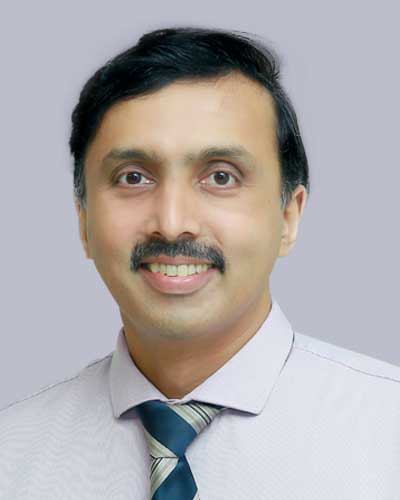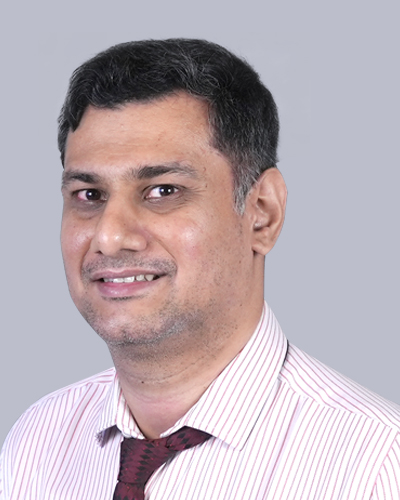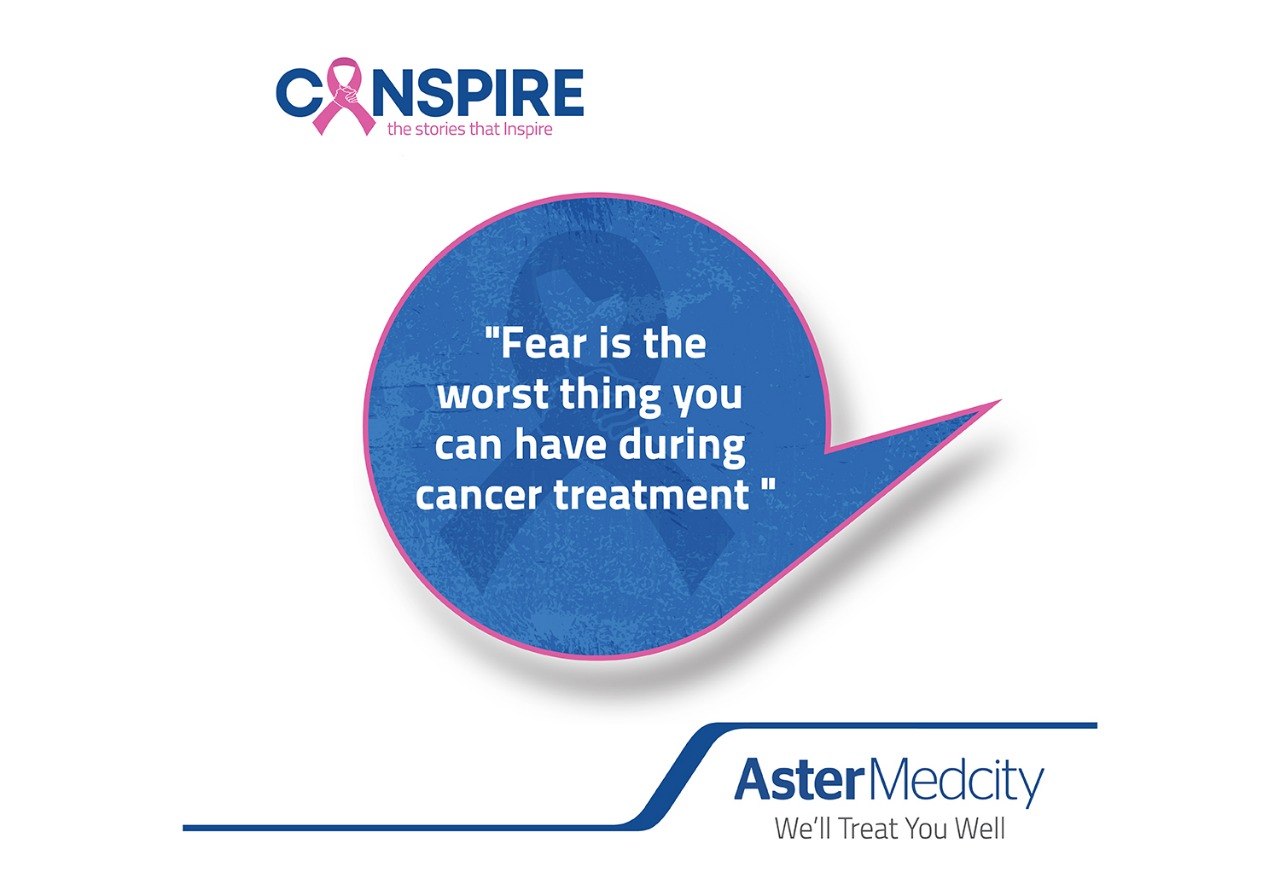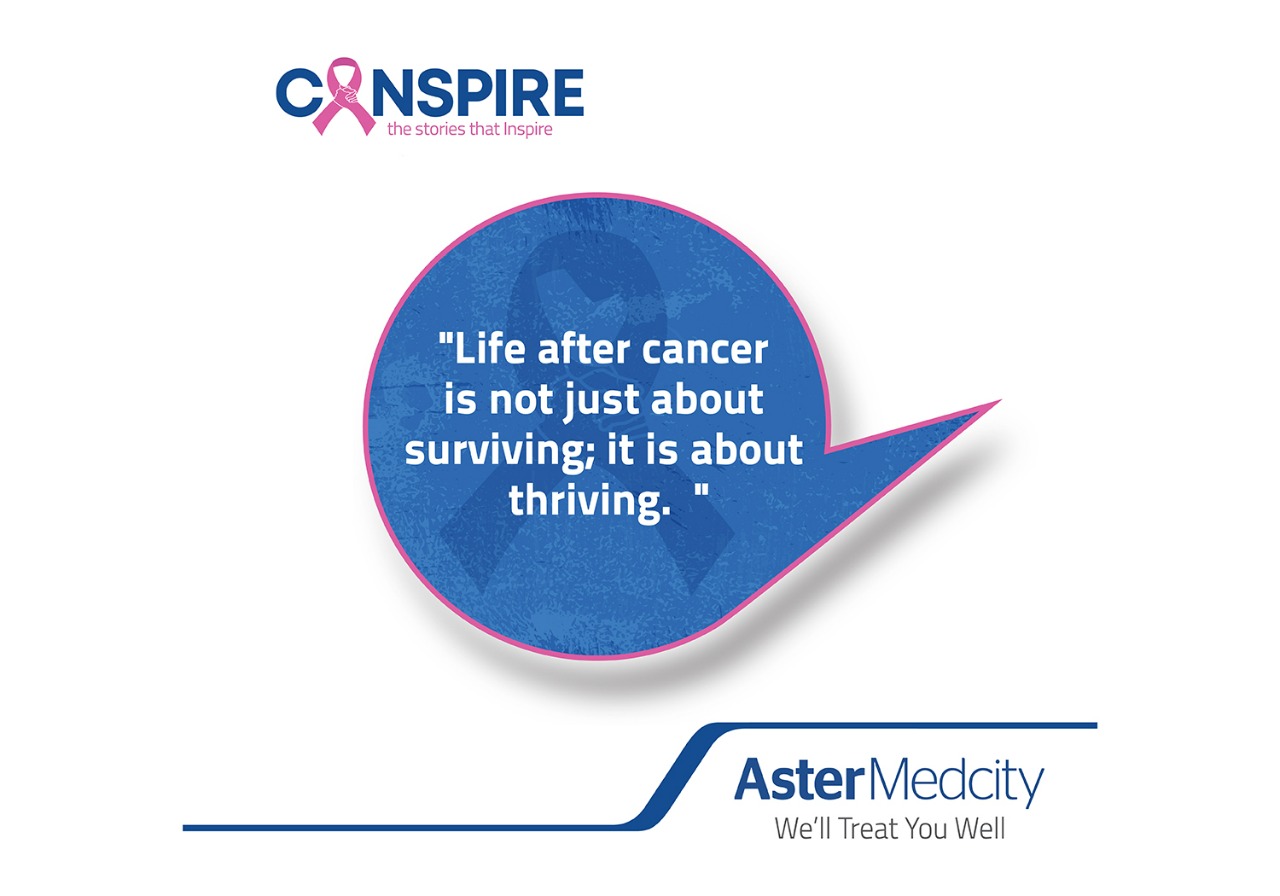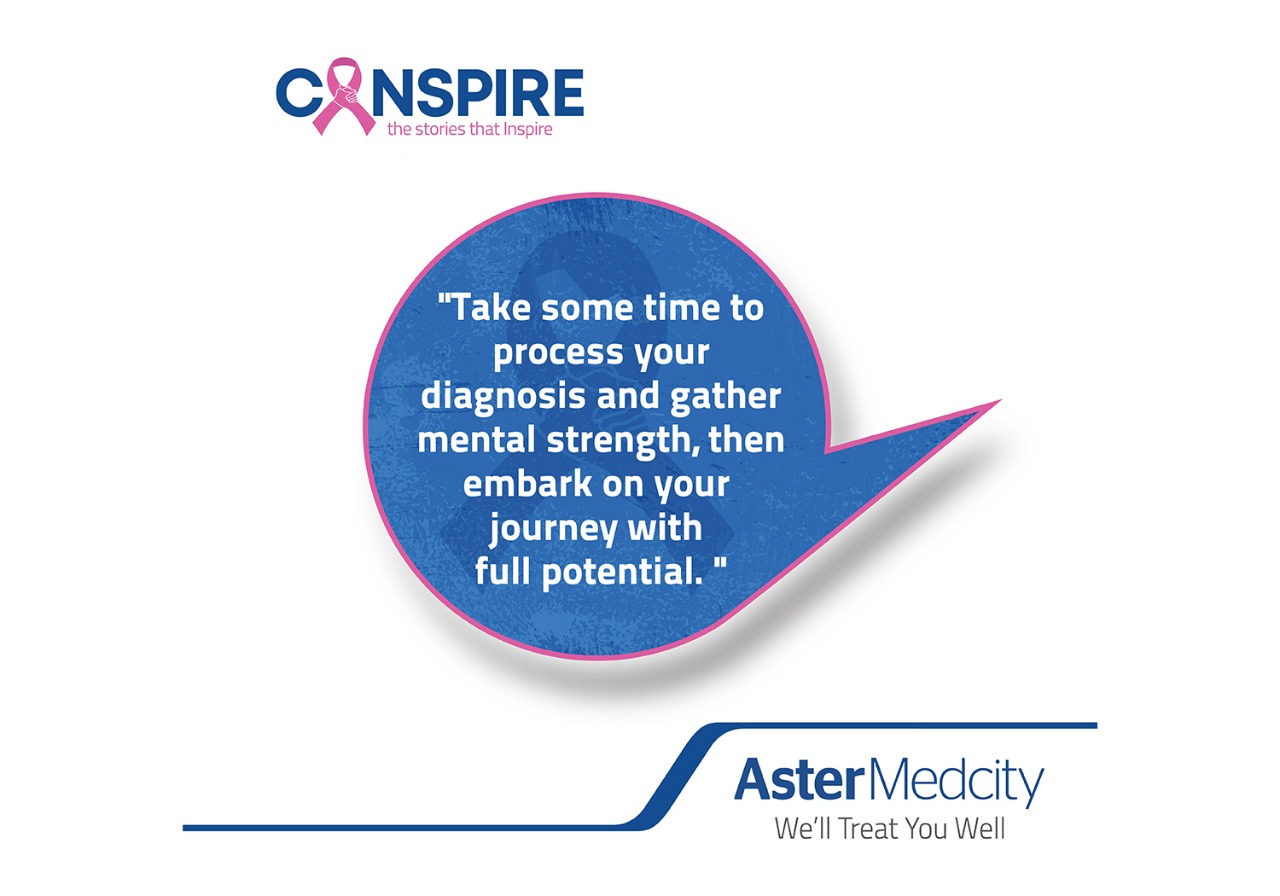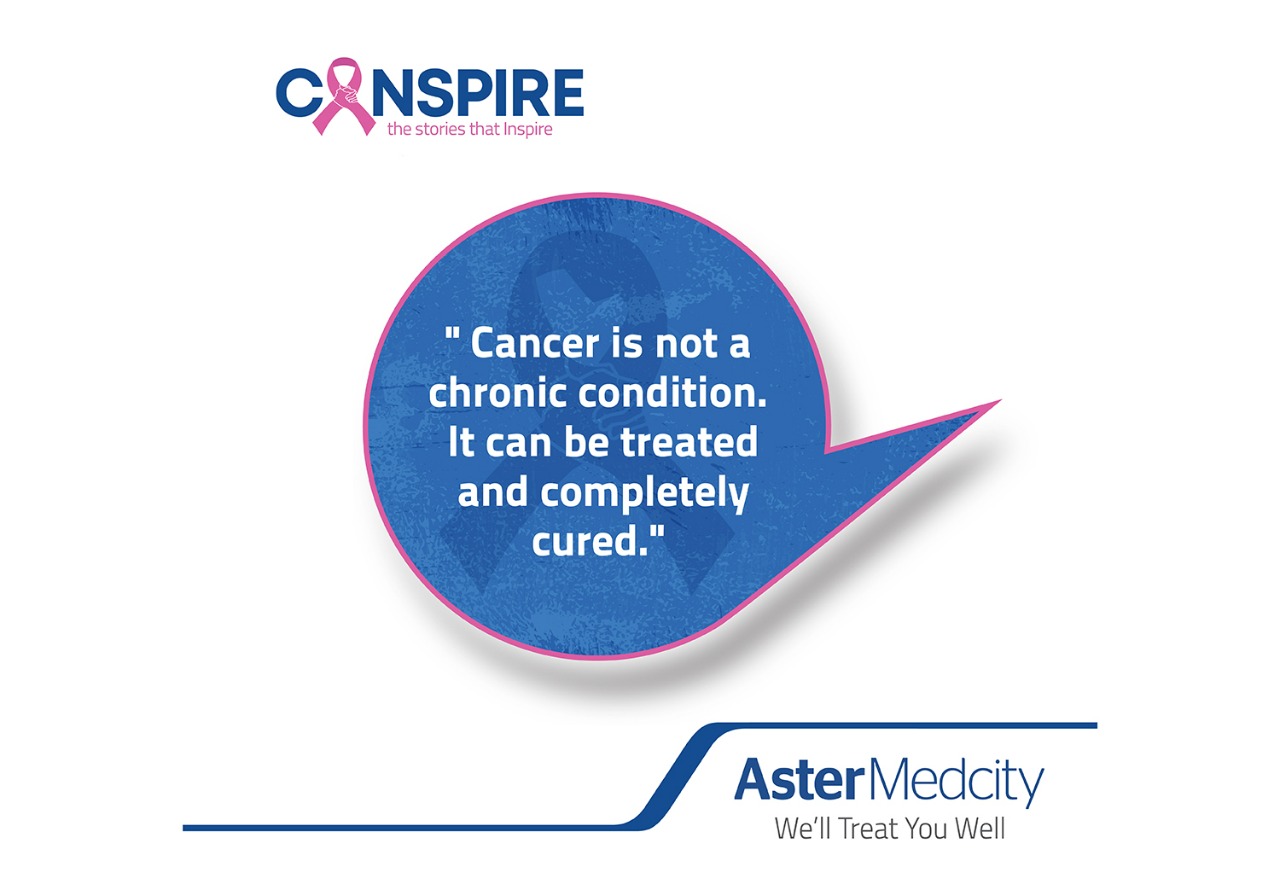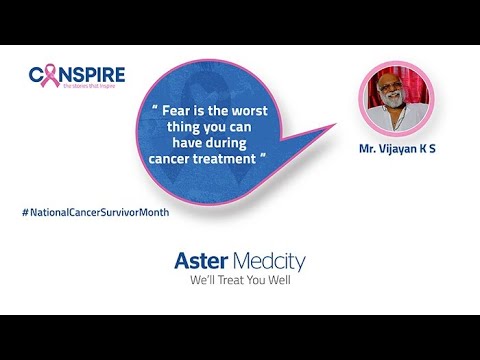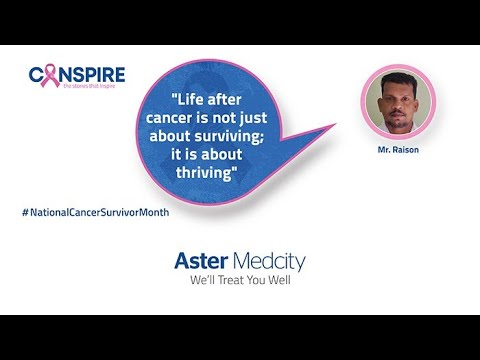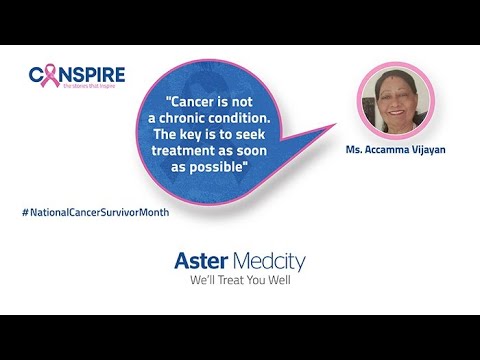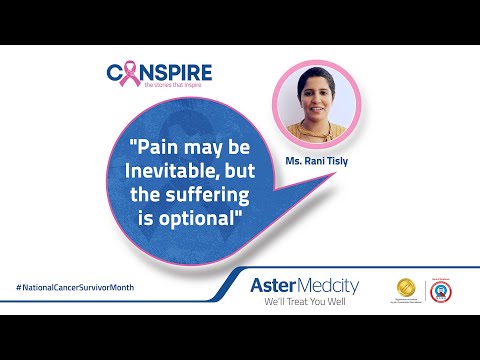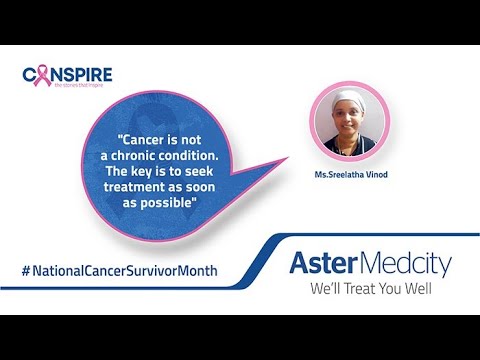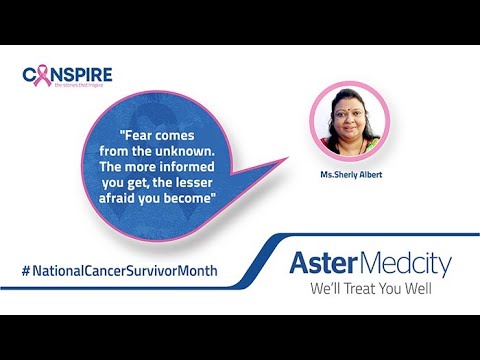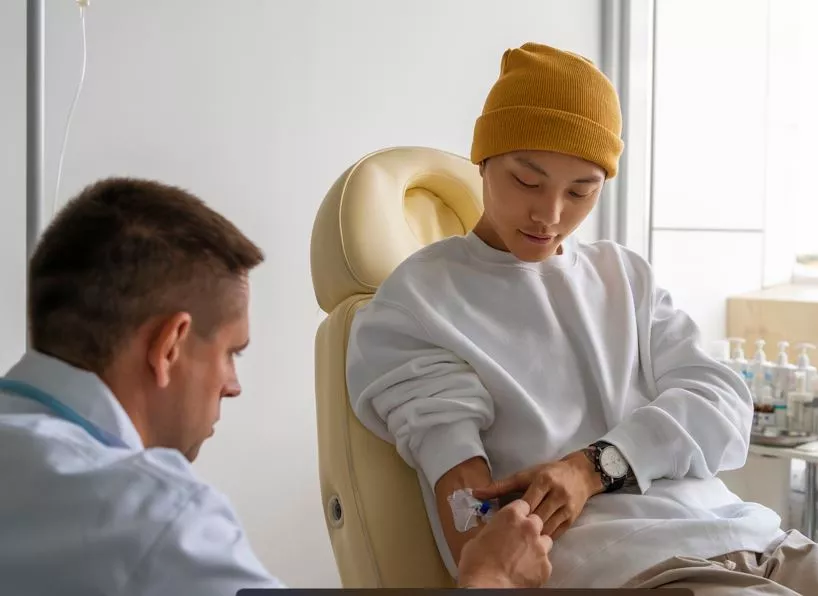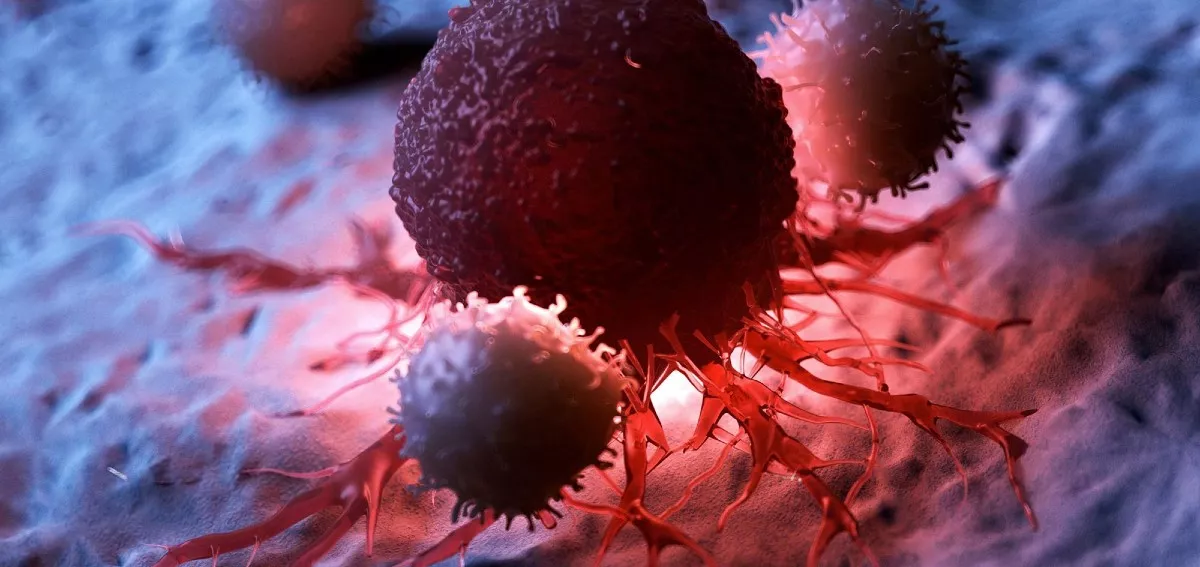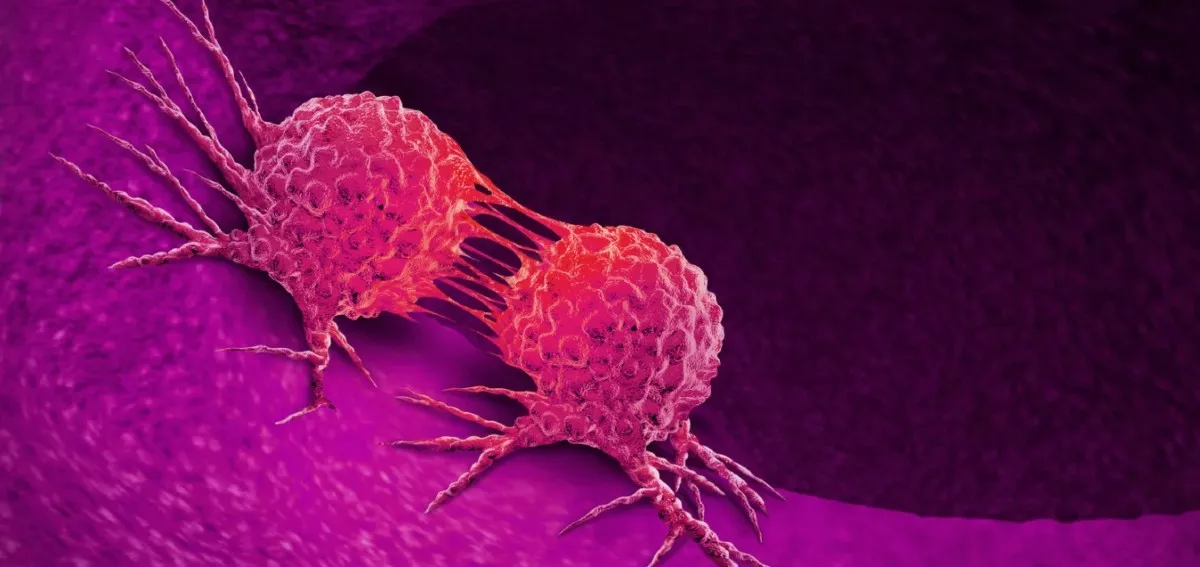The Medical Oncology Department at the Centre of Excellence in Oncology provides advanced care ranging from home based oral therapies to complex chemotherapy procedures, targeted therapy, biotherapy, bone marrow transplantation and metronomic chemotherapy to patients of all age groups with solid organ cancers and haematological malignancies. State-of-the-art in terms of facilities offered, the division has specialised infrastructure including positive pressure rooms for management of critically ill patients with cancers like leukaemia, a 10-bed Bone marrow transplant unit (hemopoietic cellular therapy) with dedicated apheresis suite, day care infusion therapy unit, cryopreservation unit, step down unit and intensive care enabled service. The team of Oncologists here, with the help of advanced diagnosis and prognosis (diagnostic and prognostic ) tools like molecular methods, genomics, proteomics and theranostic and supportive services from the haematology lab, create personalised and optimal treatment strategies, with strict adherence to NCCN (USA) and ESMO (European) guidelines.
Our Doctors
We have some of the best specialists from around the world, they bring years of experience and offer evidence-based treatment to ensure the best care for you.
Advanced Technology & Facilities
Well equipped with the latest medical equipment, modern technology & infrastructure, Aster Hospital is one of the best hospitals in India.
Patient Stories
Our patients are our best advocates, hear the inspiring stories of their treatment journey
Blogs
The source of trustworthy health and medical information. Through this section, we provide research-based health information, and all that is happening in Aster Hospital.


